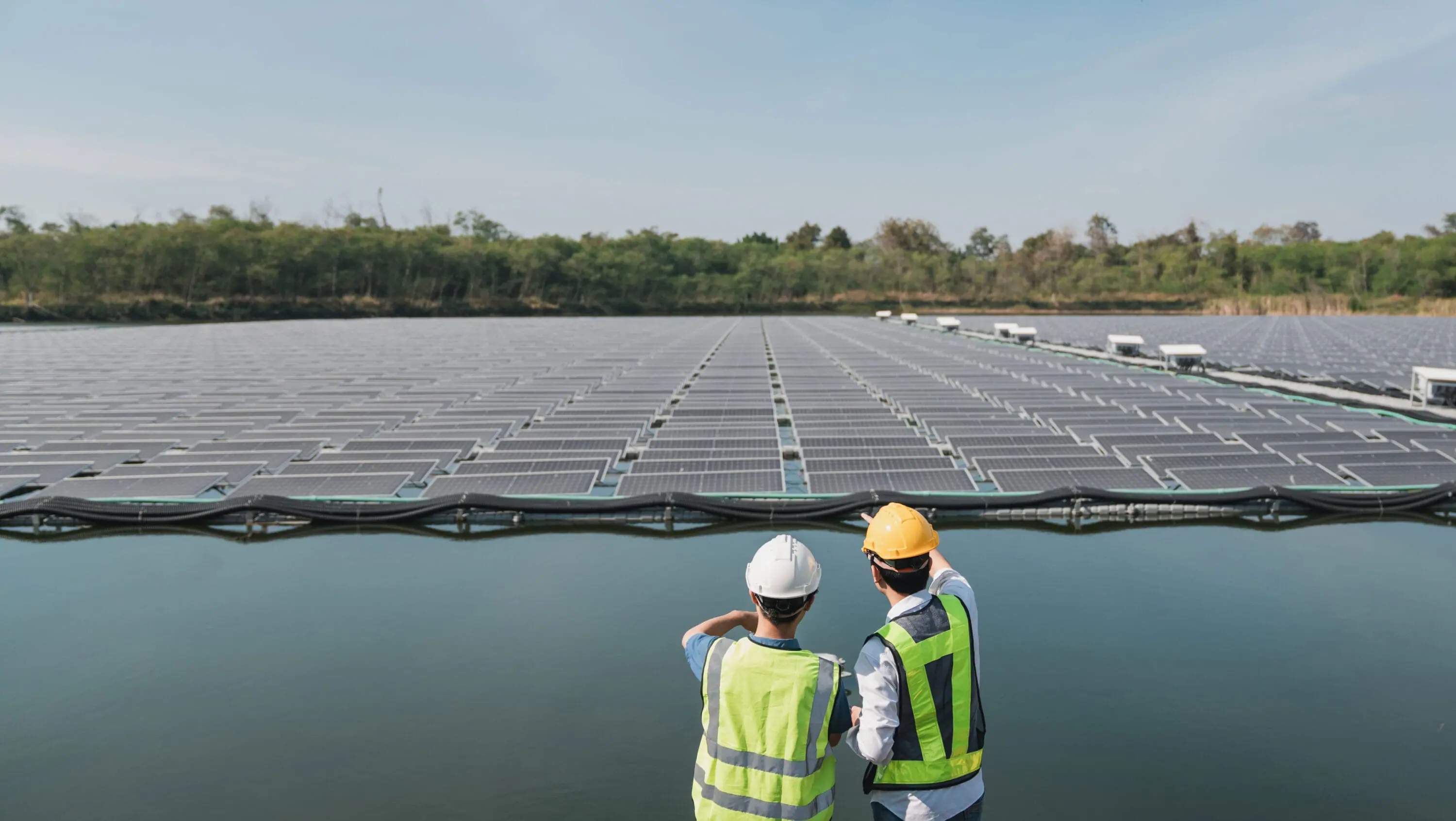Engineering: Sustainable Systems Engineering MEng
Master of Engineering in Engineering

Is this program right for you?
The UW–Madison online Master of Engineering in Sustainable Systems Engineering prepares engineers to lead in clean energy. As a student, you’ll learn from esteemed faculty with experience in environmental science, sustainability and engineering. Tailor your coursework to your industry and career goals, applying knowledge to real-world problems for a greener, more sustainable future.
- The program is completely online yet interactive
- Attend courses virtually, alongside peers working for top employers around the world
- Learn the structural history of our current energy systems while gaining the visionary skills to push forward clean energy principles
- U.S. News & World Report consistently ranks UW–Madison’s online engineering programs among the best in the nation
Education that works for you
Turn your passion for healthy environments, economies, and societies into a career that drives positive change with the online Sustainable Systems Engineering master’s program from UW–Madison.
Program type
Master’s degree
Degree awarded
Master of Engineering in Engineering
Commitment
3 years
Tuition
$1,300 per credit
Format
Online
Credits
30 graduate credits
Admission terms
Program admits for fall and spring terms
STEM opt eligible
Yes, restrictions apply
Supports F-1 Visa
No
Application deadlines
Fall 2025
- Deadline: July 1, 2025
Spring 2026
- Deadline: November 1, 2025
Fall 2026
- Deadline: July 1, 2026
Your questions, answered
Have questions? Fill out this form and we’ll get in touch!
Admissions and events
Program requirements
Application materials required
April 16, 2025 from 12 p.m. to 12:30 p.m.
Application Assistance: Online Engineering Degree and Capstone Certificate Programs
Join program staff to learn about the online engineering master’s and capstone certificate programs and application best practices. You’ll leave knowing what you need, and how to successfully apply.
Register now →Results that work for you
Engineering: Sustainable Systems Engineering MEng
25 years
of delivering interactive online education
#9
graduate ranking among U.S. public universities
U.S. News & World Report, 2024
What you’ll learn
Find real-world solutions to sustainability challenges with the Engineering: Sustainable Systems Engineering MEng program. Through project-based learning, you’ll design and analyze sustainable solutions for energy systems while gaining expertise in renewable resources and eco-friendly design principles.
- Renewable energy systems
- Environmental sustainability
- Sustainable design
- Energy resources
Explore similar programs
Become a data-driven conservation leader with the Environmental Conservation: Environmental Observation & Informatics MS program. You’ll utilize technical tools to analyze environmental change while gaining skills in policy development and leading environmental conservation efforts.
Summer 2025
Deadline: 05/01/25
Tuition
$1,000 per credit
Credits
32 graduate credits
Modality
Accelerated, Hybrid
The Civil & Environmental Engineering: Environmental Engineering MEng program equips you to tackle critical environmental challenges. Gain expertise in water treatment processes, energy principles and wastewater management, along with the fundamentals of hydraulics, to design sustainable solutions for a cleaner future.
Fall 2025
Deadline: 06/15/25
Tuition
$1,300 per credit
Credits
30 graduate credits
Modality
Online
Master’s degree
Civil & Environmental Engineering: Professional MS
Benefit from a comprehensive curriculum and choose a specialization to deepen your expertise and address the world’s pressing infrastructure needs. Specializations include construction engineering and management; environmental science and engineering; geological/geotechnical engineering; structural engineering; transportation engineering; and water resources engineering.
Fall 2025
Deadline: 05/30/25
Tuition
$1,200 per credit
Credits
30 graduate credits
Modality
Accelerated, Face-to-face

We’re here to help
Talk with an enrollment coach or program contact today to get your questions answered.
